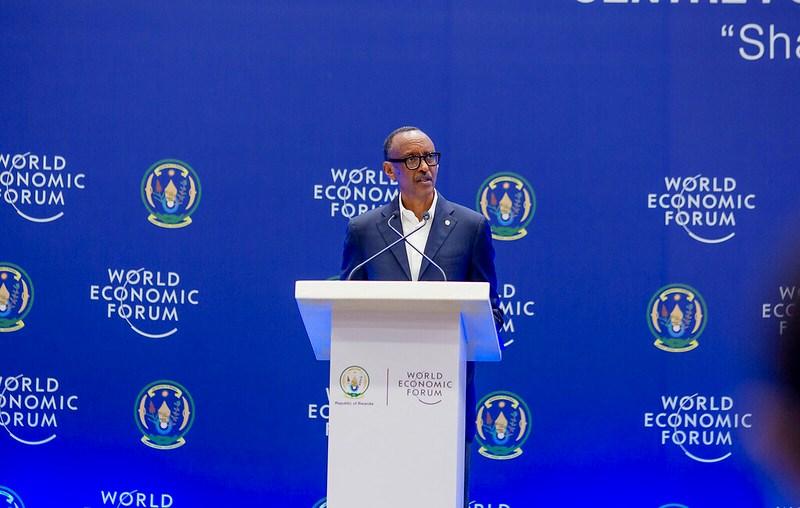Albeit landlocked, Rwanda’s economy has been growing exponentially but was impeded in 2020, by the Covid-19 pandemic and further exacerbated by the Russian-Ukraine war, which has been ongoing since February 2022.
Currently, the country’s debt-to-GDP ratio is at 74.8 per cent.
Rwanda is among the countries in the Great Lakes region of East–Central Africa, sandwiched between Uganda, the Democratic Republic of the Congo (DRC), Burundi, and Tanzania. The rate of economic progress registered hitherto, has led the international community to call Rwanda an ‘emerging Asian tiger.’
This economic rehabilitation and prosperity, has been especially spearheaded by the country’s long-standing president Paul Kagame, who in 2018 was named ‘African of the Year’ by Forbes Magazine. He has on several occasions since his ascension to power in 2000, expressed his desire to transform Rwanda into the ‘Singapore of Africa,’ a stable gateway of trade for the entire continent.
[elementor-template id="94265"]
